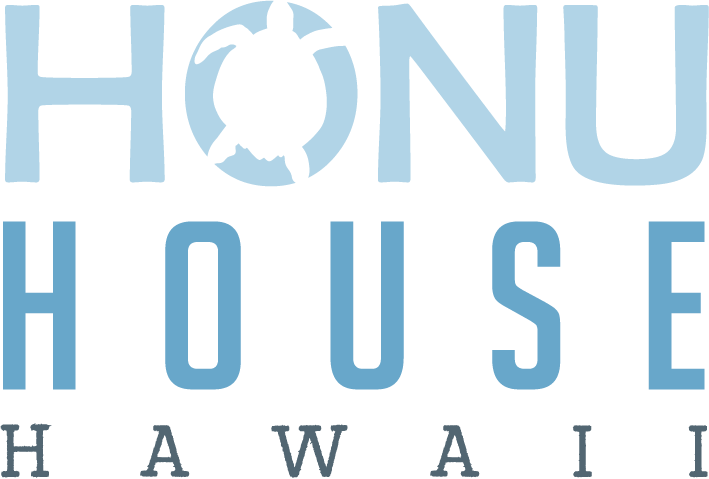
Alcoholism And Depression In Hawaii: How and where to recover
-
By John Burke
-
May 11, 2022
Alcoholism and depression are two of the most common diagnoses in Hawaii. Not only are they common on their own, but a person who suffers from one diagnosis is much more likely to be diagnosed with the other as well. Many people who suffer from depression will turn to alcohol in hopes of escaping the feelings they are experiencing. People with alcoholism are more likely than not to simultaneously experience depression, with the current studies claiming that %63.8 of alcoholics are also suffering with depression. Whether someone starts out as clinically depressed or as an alcohol, it is not uncommon for one disease to lead to the other. Do you know someone who may be suffering from one or both of these difficulties? Many of us are close with someone who might fall into this category of depressive alcoholic. Maybe you, yourself, are struggling with one or both of these illnesses. If that is the case, remember there are solutions and you are worth them.
What is depression?
Depression is defined as a “mood disorder”. A person with depression will have feelings of sadness, loneliness, apathy, and worthlessness for prolonged periods, potentially and often with no concrete reason or situation to blame for causing it. Many people feel embarrassed or ashamed about their depression, feeling like they “should feel happy” and can’t figure out why they don’t. And while almost everyone goes through some periods of sadness or hardship during their lifetime, not everyone experiences true, diagnosable depression. As opposed to bouts of sadness, a depressed individual may experience lengthy, recurrent episodes of debilitating darkness. For some they may experience it in a cycle, or for shorter amounts of time. Depression manifests itself differently in different people, but no matter how it looks it deserves serious attention. Clinical depression can seriously impact a persons personal and professional life, which has led many depressed people in search of alcohol for relief. Also important to note: clinical depression is not a reflection of how hard someone is trying to “get well” or “feel better”, as the depression itself is often attributed to an imbalance in brain chemistry that cannot be controlled by diet, exercise, etc. For many people, recovery and relief has only proven possible with medical assistance.
The relationship between alcoholism and depression
A lot of people who suffer from depression often turn to alcohol to cope. Unfortunately, they are also more likely than others to abuse or become addicted to it. The link between alcoholism and depression has been thoroughly studied and is well documented by researchers and doctors alike.
Because of alcohol’s sedating effects, many use it as a temporary medication. They drink to distract themselves from the sadness that depression brings. But on a long-term basis, alcohol can only worsen depression. Both of these disorders can have lasting effects physically, mentally, and emotionally.
How heavy drinking affects the brain
Drinking alcohol has immediate effects. That’s because the whole body absorbs it once it reaches the bloodstream. Even though our body absorbs the alcohol (for which it will eventually begin to pay a high price), it’s the brain that takes the major toll. Alcohol interferes with the brain’s communication pathways, as well as affects how the brain processes information.
Heavy drinking can seriously alter the brain’s neurotransmitters. There are two chemicals in our brain that alcohol can have serious effects on: serotonin and dopamine. The former helps with regulating our mood and the latter controls our brain’s reward system. With heavy drinking, these chemicals can rapidly fluctuate. Why is this a bad thing? Well, when the brain experiences unusually high or low levels of these chemicals it can trigger symptoms of depression. For people who have been chronically alcoholic for a long time, their brain chemistry can alter so drastically that their personality and functioning become unrecognizable to people who once knew them.
Additionally, those who drink heavily because of depression put themselves at additional risks of severe bodily harm and suicidal behaviors. For this reason, it’s important to address these issues as soon as possible. If you’re looking for ways to deal with alcoholism and depression in Hawaii, reach out to a professional equipped to handle both disorders. It is neither safe nor appropriate to handle this alone.
How to deal with alcoholism and depression in Hawaii
The good news, at least, is that we can treat both depression and alcoholism. With treatment, people recover from these conditions all the time. And the earlier a person gets treatment, the better. There are rehab centers in the state that specialize in both. These centers employ treatments that are safe, effective, and can help the patient adjust back to their daily life. They are also able to provide aftercare to ensure that the patient stays sober after leaving their program.
Some standard therapies to treat alcoholism and depression can include:
Medication-assisted therapy – The patient takes prescription drugs to help ease their withdrawal symptoms. It also helps with reducing their cravings. They may also take antidepressants to help with depression.
Cognitive behavioral therapy – CBT is a type of psychotherapy that teaches the patient to identify their triggers. This will help them find ways to cope with their urges to drink. CBT also helps with setting realistic goals for the patient.
Group therapy – This provides an outlet for people to discuss their addiction. People involved in it can also offer advice to their fellow patients going through challenging times.
A helping hand from Honu House Hawaii
If you are curious about healing from alcoholism and depression in Hawaii, Honu House Hawaii, in Kona, is a top-rated holistic healing center aimed at addressing these exact disorders. We provide a haven for those who want not only to recover from a life of addiction and emotional hardship, but to transcend into the beautiful life that is awaiting them. We can help you or your loved one recover from alcoholism and depression,, Finding joy, freedom, and healing is only a phone call away. Reach out to us today.
